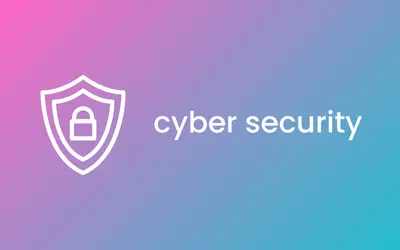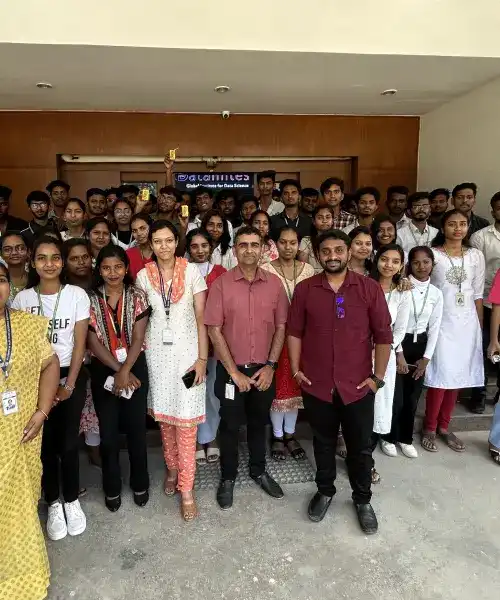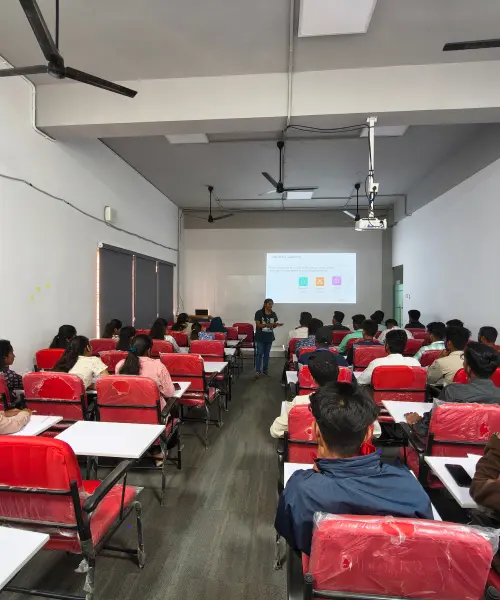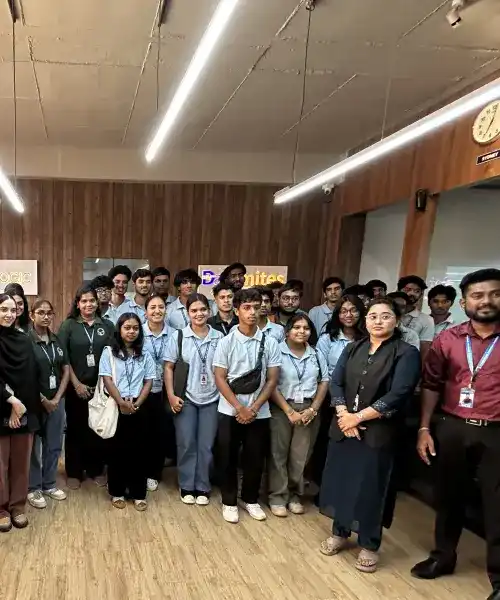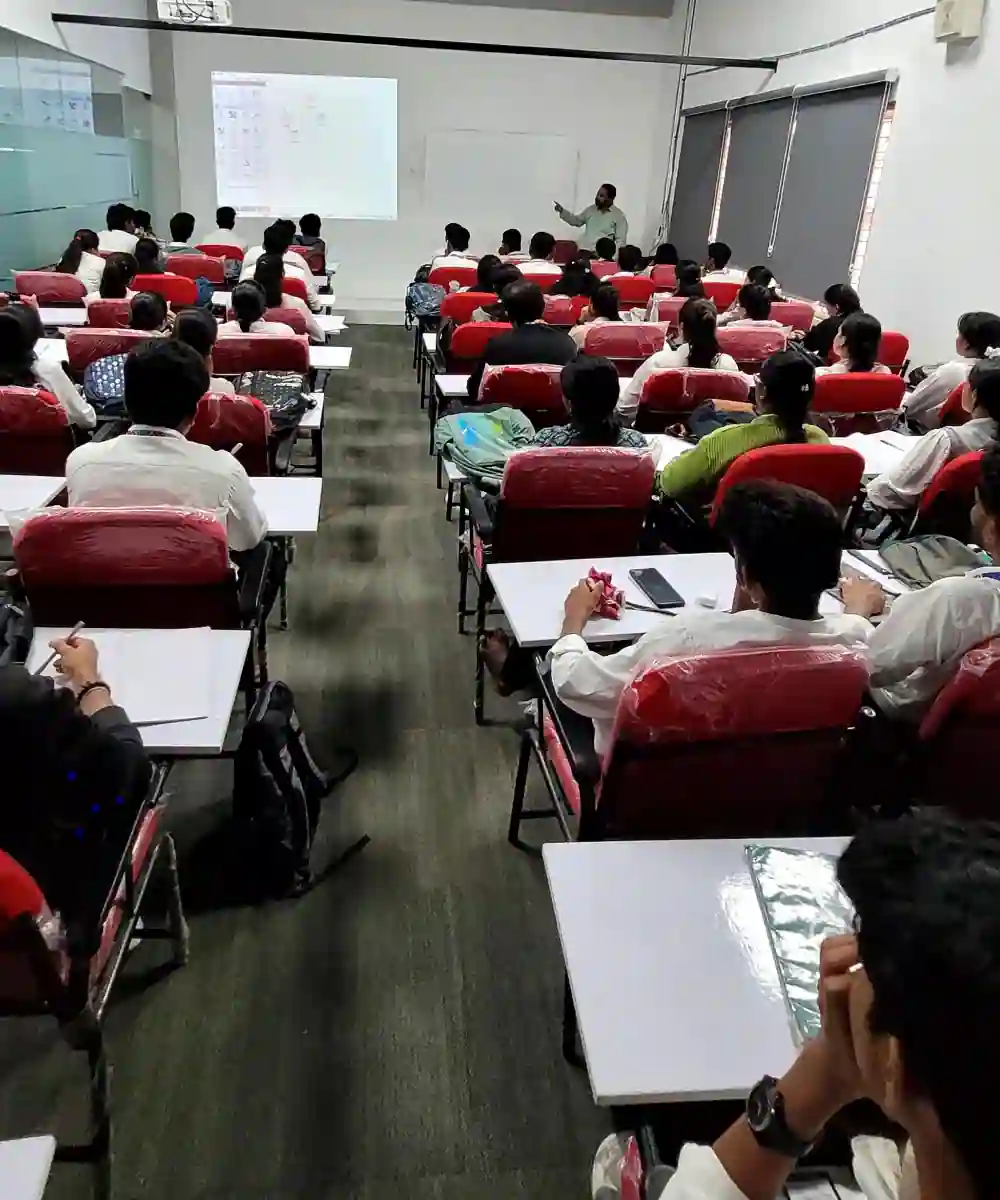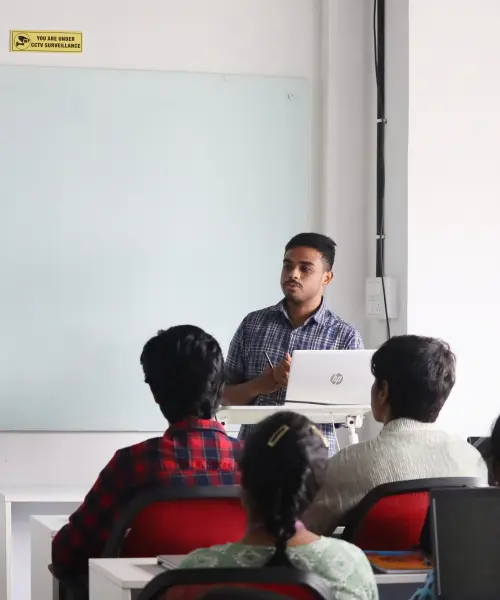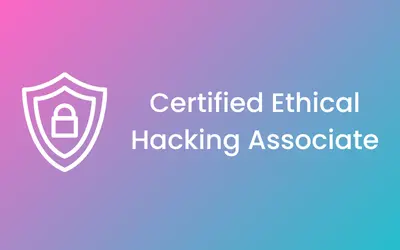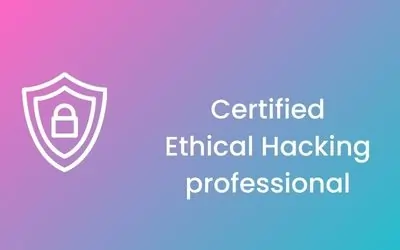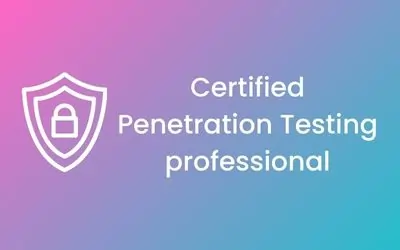CYBER SECURITY TRAINING IN THIRUVANANTHAPURAM
-

-
(17335 Reviews)
-
Career Opportunities: Discover exciting job options in Thiruvananthapuram’s cyber security sector. Prepare for roles such as security analyst or ethical hacker.
-
Key Skills for Success: Master key abilities like protecting networks, ethical hacking, and responding to cyber incidents. Equip yourself to safeguard businesses from online risks.
-
Practical Experience: Get practical experience through internships with top companies. Boost your skills and confidence for a successful career in cyber security.
